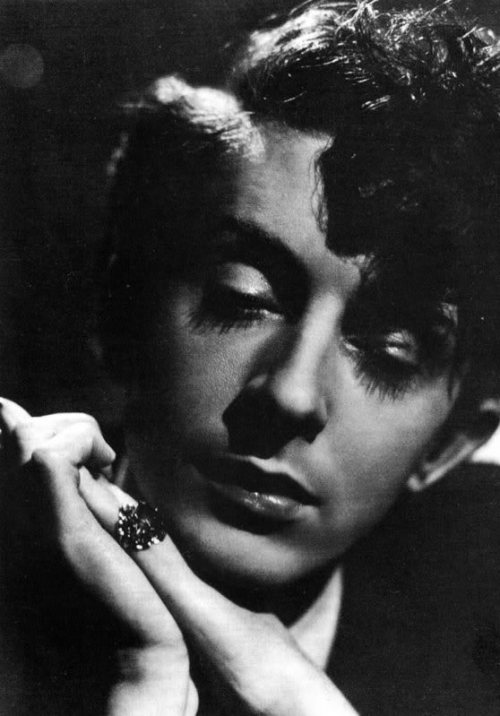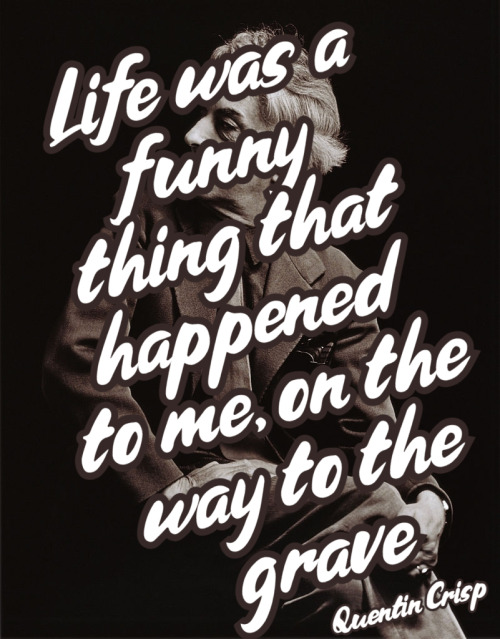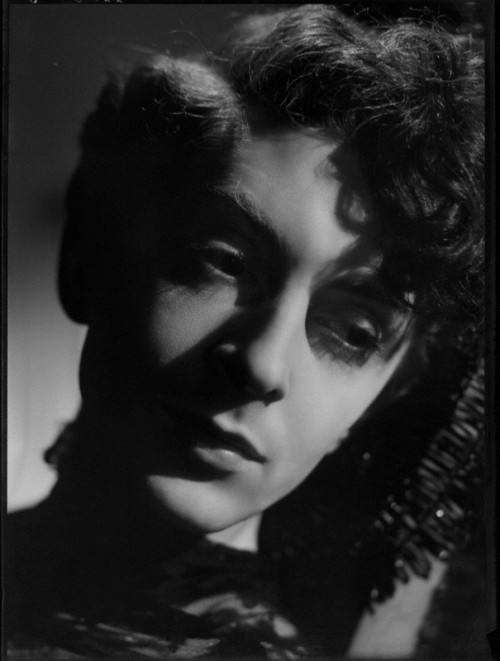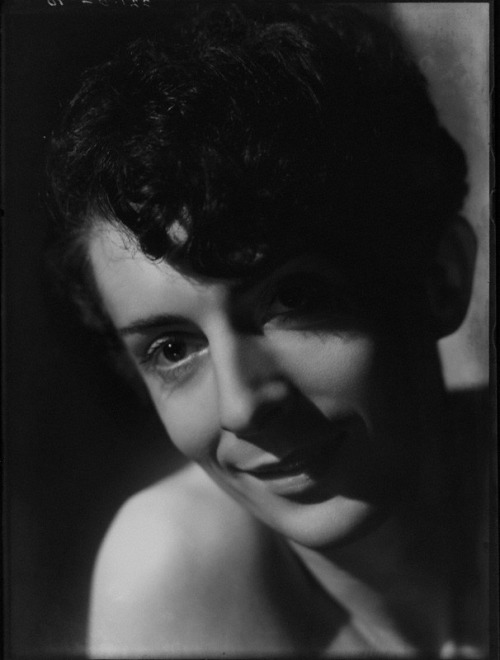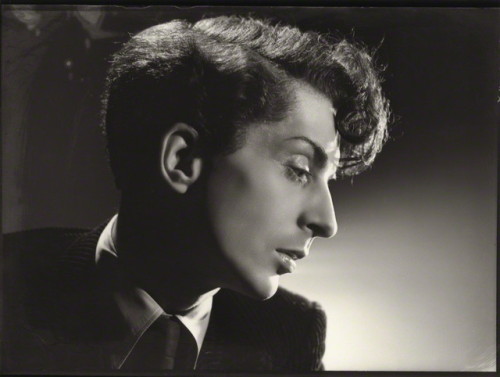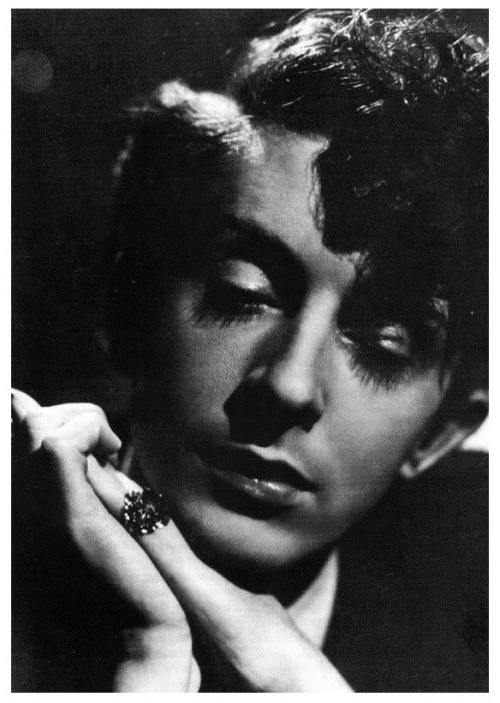#quentin crisp
“Dressing as I did did not make me ‘happy’ necessarily, but it unified me – and that is what we must all do with our lives. There are always penalties up to any age for presenting the world with a highly individualized image, but if it is the genuine you and not some affectation (a distinction which, I realize, may take years to sort out) then you must be what you are, honestly and bravely, with all the taste and intelligence you can muster. Life will be more difficult if you try to fulfill yourself, but avoiding this difficulty renders life meaningless. To arrive at the end of your life thinking, I never did anything I really wanted to do…must be one of the most profound miseries the human soul is capable of feeling – and one for which there is no last-minute cure or consolation.”
—Quentin Crisp
(photograph by Angus McBean)
DANDYISM………..Plate 331.
Post link
“Life was a funny thing that happened to me, on the way to the grave”
Quentin Crisp, The Naked Civil Servant (1968)
Post link
Sting - Englishman In New York
(not the only Sting video to be quoted by GDT - not even in PR - but the most directly-referenced one to be sure)
Quentin Crisp by Angus McBean, 1940/1941.
Quentin Crisp became a gay icon in the 1970s after publication of his memoir, The Naked Civil Servant, detailing his life in homophobic British Society. When the book was adapted for television, Crisp began a new career as a performer and lecturer. He landed a few roles on American television and the 1990s became his busiest decade as an actor. He died in 1999, just shy of his 91st birthday.
Quentin Crisp was born Denis Charles Pratt in Surrey, England, on December 25, 1908. A self-described flamboyant homosexual, Crisp changed his name in his early 20s as part of his process of reinvention. Teased mercilessly at school as a boy, Crisp left school in 1926. He studied journalism at King’s College London, but failed to graduate. He then moved on to take art classes at Regent Street Polytechnic. Crisp began visiting the cafés of Soho, London, and even worked as a prostitute for six months.
Crisp was always true to himself and expressed himself by dying his long hair lavender, polishing his fingernails and toenails, and dressing in an often androgynous style. Despite the ridicule and violence often directed toward him, Crisp carried on. He tried to join the army with the outbreak of World War II, but was rejected by the medical board, who determined that he was suffering from sexual perversion. Instead, Crisp remained in London during the Blitz, entertaining American GIs, whose friendliness inculcated a love for Americans.
Crisp held a number of jobs, including engineer’s tracer, life model, and author. His most famous work, The Naked Civil Servant, detailed his life in a homophobic British society. When the book was adapted for television, Crisp began a new career as a performer and lecturer. He moved to Manhattan in 1981, when he was 72 years old; settling in a studio apartment in the Bowery. Upon meeting and spending time with Crisp, Sting was inspired to pen his hit song, “An Englishman in New York.”
Crisp continued to tour, write, and lecture; including instructions on how to live life with style and the importance of manners. Crisp landed a few roles on American television and the 1990s became his busiest decade as an actor. In 1992, Crisp took on the role of Elizabeth I in the film Orlando.
Quentin Crisp died in November 1999, just shy of his 91st birthday, while touring his one-man show.
Books written by Quentin Crisp:
- Lettering for Brush and Pen (1936)
- Colour In Display (1938)
- All This and Bevin Too (1943)
- The Naked Civil Servant (1968)
- Love Made Easy (1977)
- How to Have a Life Style (1975)
- Chog: A Gothic Fable (1979)
- How to Become a Virgin (1981)
- Doing It With Style (1981)
- The Wit and Wisdom of Quentin Crisp (1984)
- Manners from Heaven: A Divine Guide to Good Behaviour (1984)
- How to Go to the Movies (1988)
- Quentin Crisp’s Book of Quotations, also published as The Gay and Lesbian Quotation Book: A Literary Companion (1989)
- Resident Alien: The New York Diaries (1996)
- The Last Word (2017)
Someone we should all remember. And celebrate.
Post link

